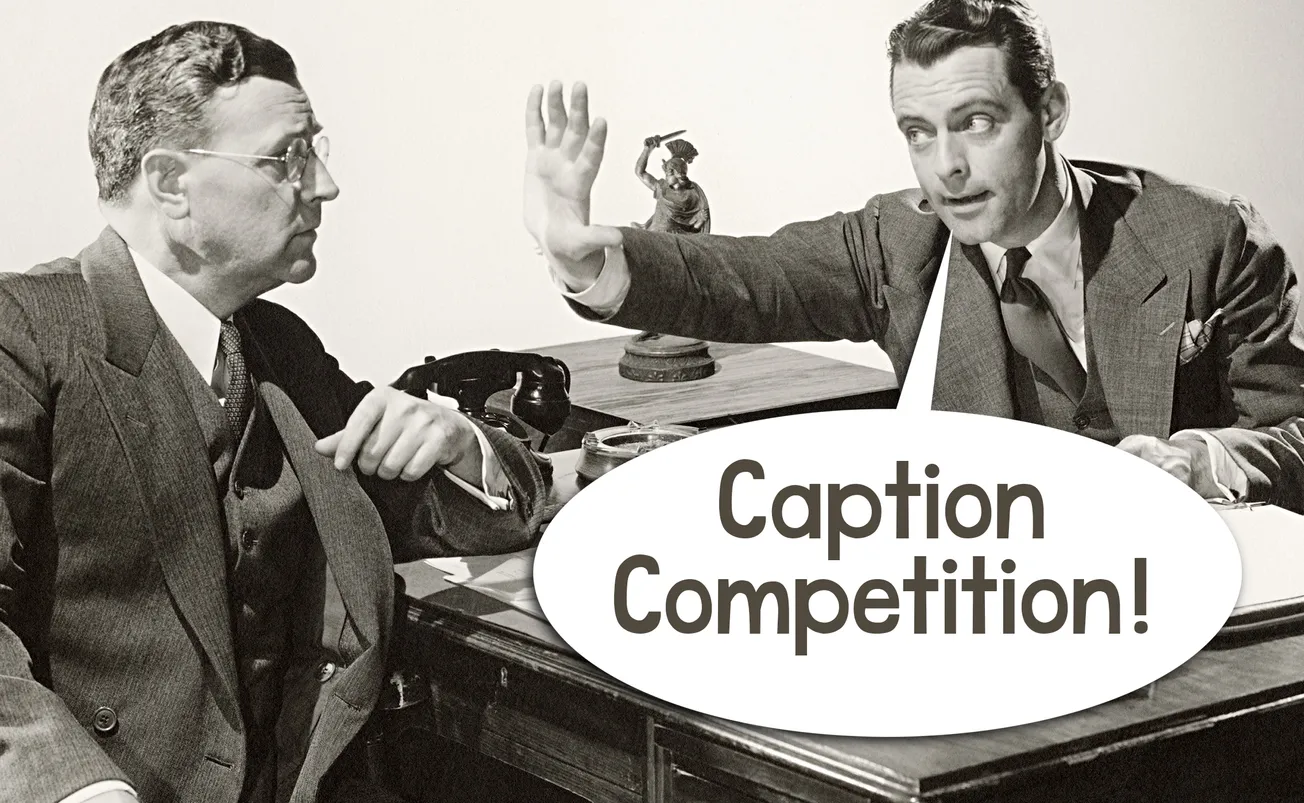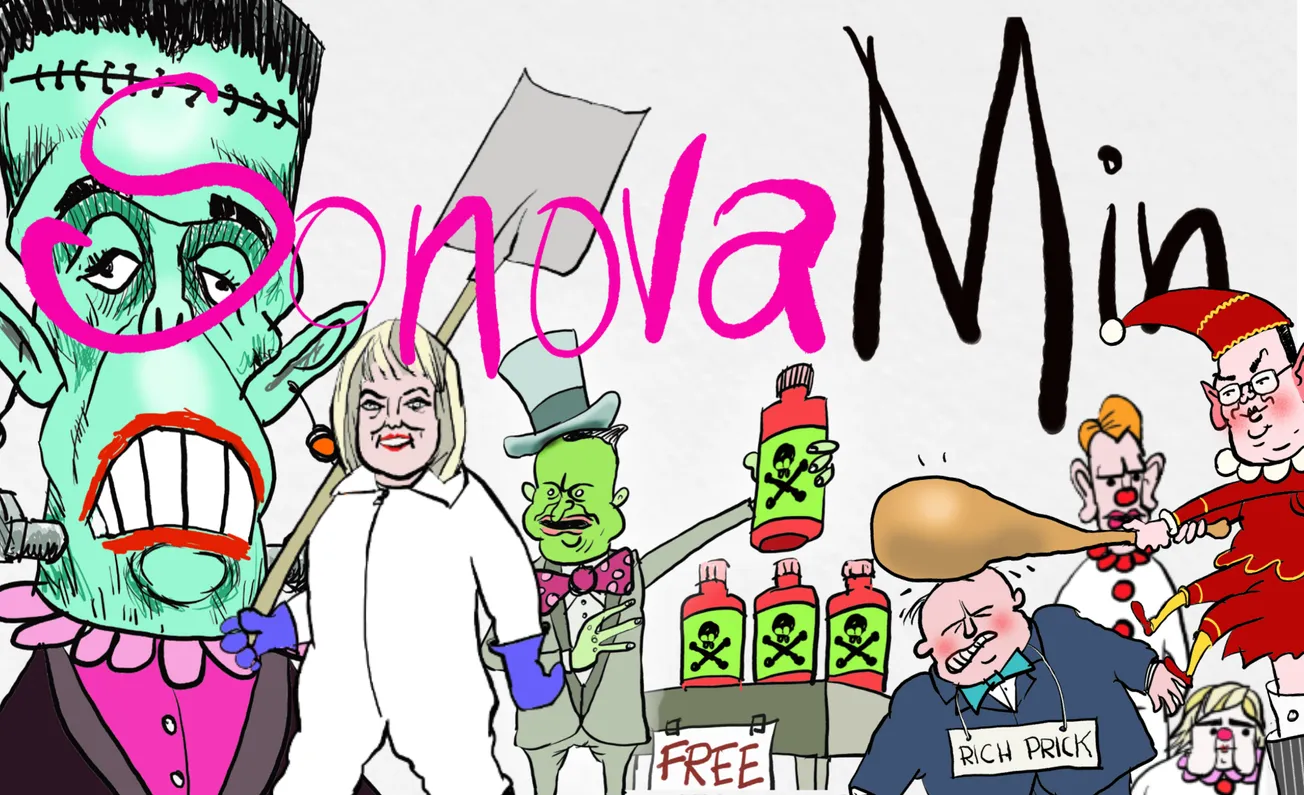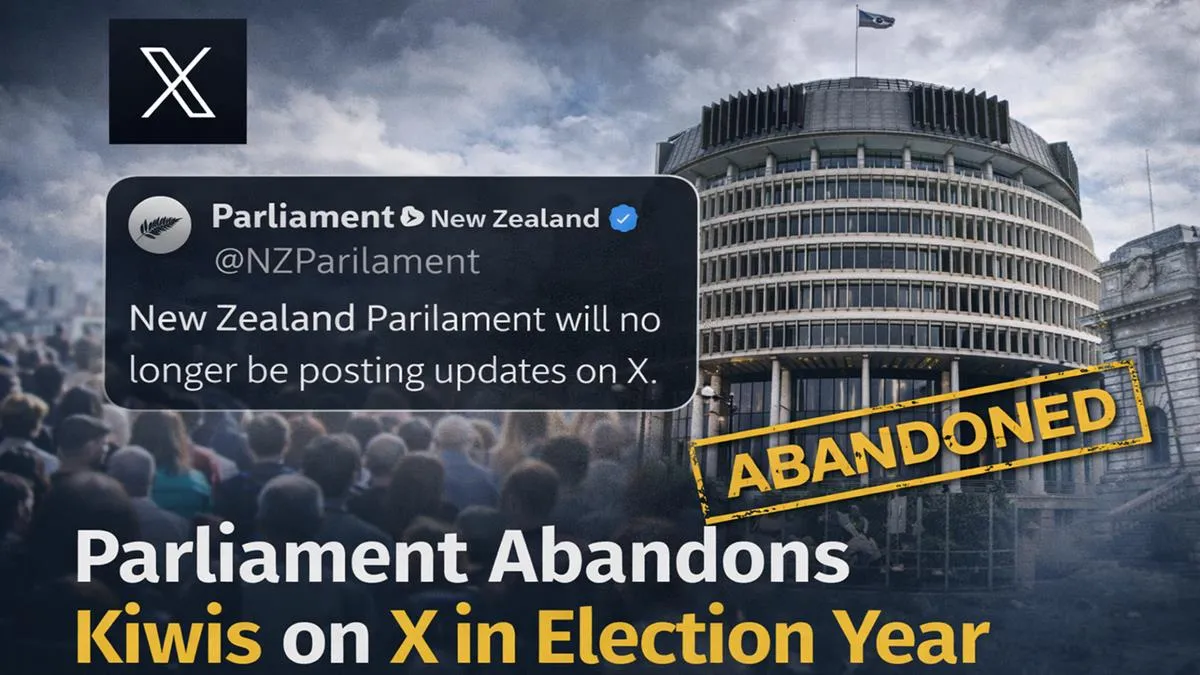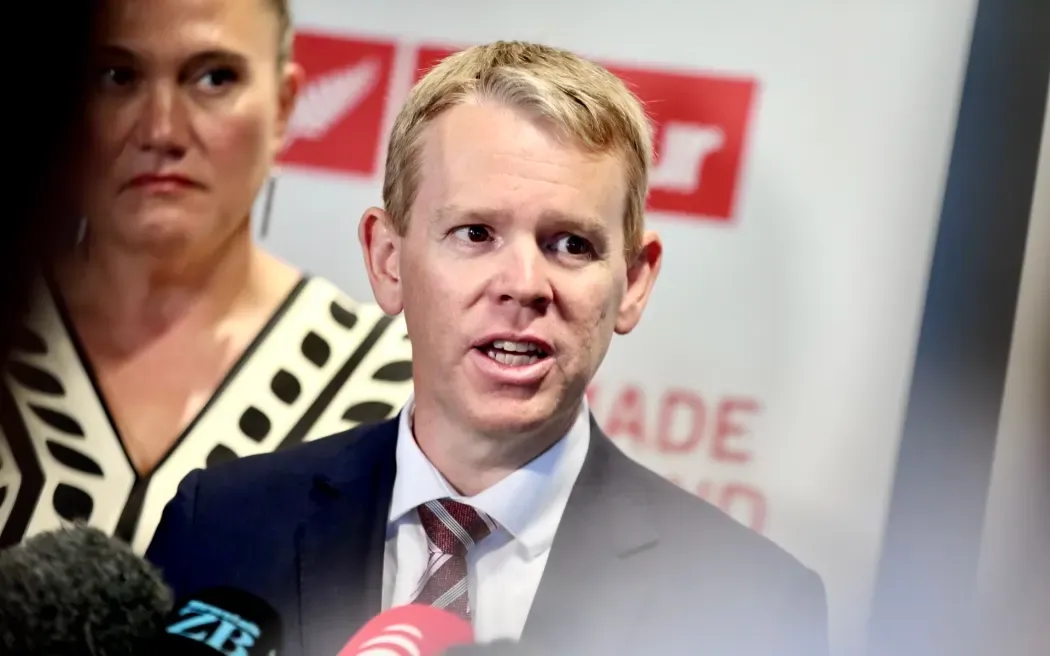Table of Contents
Today Non- Subscribers get a FREE taste of what they are missing out on.
Have a read of this Insight Politics article then decide whether or not you would like to subscribe to a Silver subscription or upgrade your existing Basic or Bronze level Subscription to Silver.
The Quantum of Anger
Are Enough Voters Sufficiently Pissed-Off to Change the Government?
PRESUMABLY, pollsters David Farrar (National) and Stephen Mills (Labour) are listening hard to their respective focus groups. Undoubtedly, both will be pulling out all the stops to assemble an honest collection of voters. This isn’t always easy. In just about every group there will be at least one individual who by the sheer force of their personality sets the boundaries of discussion for the entire group. Ordinary people are very quick to grasp what they can and cannot say without being singled out for ridicule and/or condemnation. Better to say nothing (or, at least, nothing controversial) than find oneself on the receiving end of a sharpened tongue.
The big question confronting both major parties is: exactly how deeply rooted in the electorate is the love/hatred for Jacinda Ardern’s coalition government? The whole election is likely to turn on the answer to this question.
Superficially, the answer has already been given. Public polling has registered overwhelming support for the Prime Minister’s handling of the COVID-19 crisis, and this has rolled over into record levels of support for the Labour Party. That Labour (with or without the Greens) will form the next government has taken on the status of conventional wisdom.
But is it wise to rely upon these poll results? Are the people who offer up positive answers to questions about Jacinda Ardern and Labour reflecting the true state of public opinion, or merely that part of the population which feels relaxed and happy about relaying its positive feelings to a complete stranger?
Many New Zealanders are extremely wary of expressing their true feelings to pollsters. They place little faith in either the accuracy or the honesty of polling agencies. The very fact that somebody has called their number makes them wonder how much else the pollster knows about them. Yes, they are promised anonymity – but can the promiser be trusted to protect their privacy? Safer to just say “No thanks” and hang up.
This wariness is only ever heightened when those who do consent to be interviewed are confronted with questions obviously designed to establish the strength or weakness of certain beliefs within the community. People aren’t stupid. Most citizens are acutely aware of which opinions enjoy official sanction and which are taken as evidence of moral and/or cultural deficiencies. Conservative New Zealanders are well aware of what it is ‘okay’ to own up to, and what will produce an instant change in the interviewer’s tone. In such circumstances, whether or not to speak the truth becomes a matter for careful consideration.
Hence the importance of the focus group. Each group of about a dozen individuals is carefully chosen by the polling agency for the express purpose of moving beyond the superficial to expose the raw prejudices and emotions that can only be discovered by diving deep into the human psyche. The quality of the group’s “moderator” is crucial here. The best of these professionals possess a sixth sense for the question that will lay bare the group’s hidden passions. They also have an eye for the fleeting reaction (all captured on audio and video) that betrays an individual’s likes and dislikes. Mark Textor (of the in/famous Crosby-Textor political consultancy) is reputed to be exceptionally gifted at spotting and understanding these all-important “tells”.
Anyone who doubts the efficacy of the focus group should watch the 2019 British docudrama Brexit: The Uncivil War. Starring Benedict Cumberbatch in the role of the Leave campaign boss Dominic Cummings, one of the drama’s most powerful scenes is set in a focus group.
As the more articulate group members trade insights and insults, a young woman makes repeated efforts to be heard but is routinely overlooked by everyone – including the moderator. Eventually, she explodes with frustration and anger. “You’re not listening to me!” she cries. “None of you cares what people like me have to say! None of you give a damn about people like us!” It was that “us” that tipped Cummings off. It told him that there was a vast reservoir of unheeded bitterness and resentment into which the Leave campaign could sink its siphoning hose.
It’s the scene that alerts Cumberbatch/Cummings to the critical importance of Cambridge Analytica’s clandestine scapings off Facebook:
“Three million more of them out there than we thought. That’s three million potential voters not on any voter database, so Remain have no idea they exist. If we can reach ‘em, they’re ours for the taking.”
The quantum of anger: that’s what Farrar and Mills are so desperate to determine. How many New Zealand voters hold (but only ever share in ‘safe’ situations) the views contained in this comment sent to the Bowalley Road blog?
“Left wing aggression and attempts to intimidate and frighten those who do not agree with them have created a siege mentality among those who oppose them. Anti-left voters keep their thoughts and intentions to themselves, as public expression of anti-left ideas brings threats and abuse. When they get to the ballot box though, these voters will be sure of and clear in their intent. The left have gone too far, breached the limits of the gradualism that has brought them their past successes. There is a huge undercurrent of silent opposition today. It’s not going to be anything like any past ever.”
Labour’s campaign strategists are only too aware that if the sentiments attributed to these nebulous ‘anti-leftists’ are held by more than the most ardent of conservative New Zealand voters, then the polling data may not be the most reliable guide to the General Election’s outcome. They will be hoping that the certainty with which these diehards proclaim “Middle New Zealand” to be stirring from its “slumber” is just one more instance of the ‘no one I know votes Labour/National’ phenomenon. What the psychologists call “cognitive consonance” – a state of mind so much easier to deal with than its distressing opposite “cognitive dissonance”.
The Holy Grail at the end of Farrar’s and Mills’s competitive quest is the elusive ‘trigger’ that will reverse Labour’s political trajectory and dramatically improve National’s chances. In Brexit: The Uncivil War, it is the slogan “Take Back Control” that triggers the unheeded and overlooked citizens of the United Kingdom into turning out in their millions to kick the British Establishment in the goolies. If Labour is the first to accurately gauge the quantum of anger, then it can devise countermeasures. Should Mr Farrar and his focus groups beat them to it, however, then all bets are off.
Did you enjoy reading that?
Subscribe to a Silver subscription or upgrade your existing Basic or Bronze level Subscription to Silver today.







